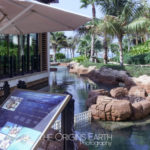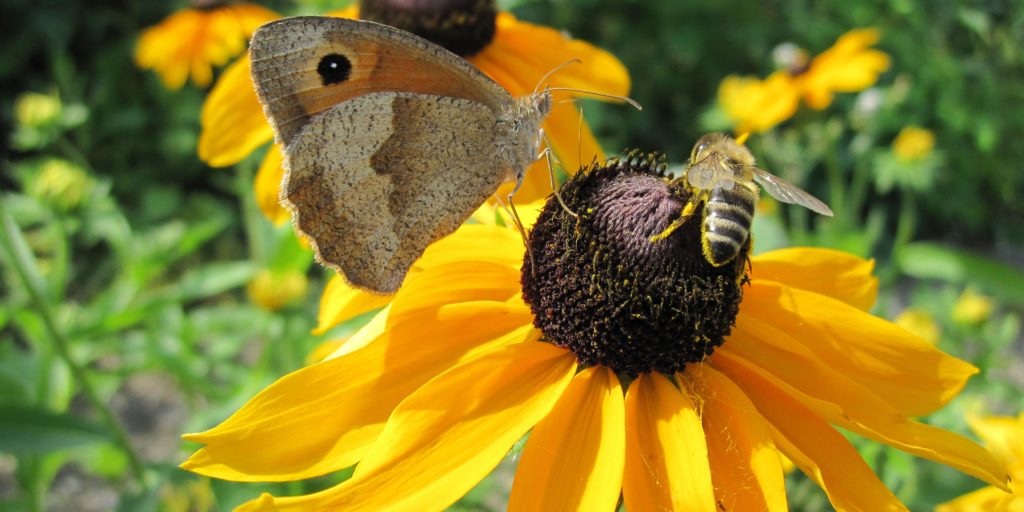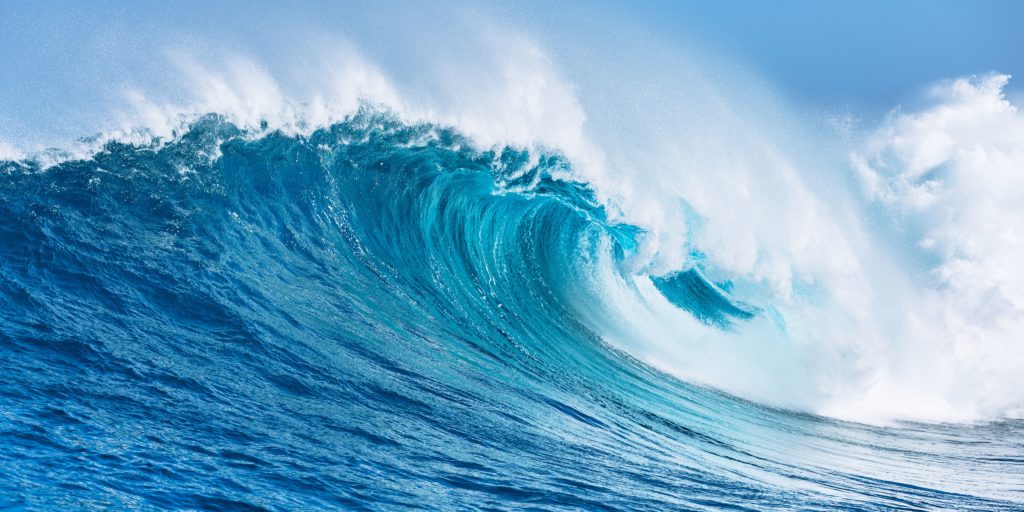Stop with masks, this big planetary plague
A pollution far from people’s eyes but which is very real
Approximately 500 billion surgical masks have been circulated worldwide since the beginning of the pandemic in 2020, and 3.4 billion masks are discarded every day on sidewalks, in parks, at the beach or in the fields and end up in the oceans.
In 2020, China exported 224 billion masks to the world, and we can expect an additional 10 to 20% of masks to be produced by 2024, which will cause even more plastic pollution because these masks are not made of paper but of plastic, even though they look like they are made of paper because of their texture.

What are the masks made of?
They are mainly made of polypropylene which is a polymer made from carbon and the masks have 3 layers including 2 layers of fabric and a filtering layer.
What exactly is polypropylene?
It is a hydrophobic polymer (not soluble in water) that was developed by Italian chemist Giulio Natta in the 1950s.
It is created by polymerising propylene monomers with catalysts which are chemical species that promote catalysis by accelerating the chemical reaction. It belongs to the class of alkenes (molecules that have a double bond between two carbons) and has a high melting point which gives it a high chemical resistance for which this material is very sought after because it can be molded or extruded for the manufacture of objects or textiles that are mainly industrial or household such as gowns, paint suits or surgical masks,…
But polypropylene is found in car parts such as bumpers or dashboards.
Also, it is interesting for the food industry because the plastic packaging which are manufactured with polypropylene are very resistant for the microwaves ovens as well as for the dishwashers. The problem is that the heat of the microwaves causes the release of micro-plastics that can become embedded in the food, and thus be ingested by people.
An environmental problem
According to studies, plastic surgical masks retain their filtering capabilities and would still be effective after 10 cycles in the washing machine.
Alternatively, certified reusable masks can replace polypropylene with natural fiber and create a recycling stream. Otherwise, there are still washable fabrics that are a very good alternative to surgical masks. However, they still have to meet the sanitary standards required by the governments in terms of protection against pathogens.
However, using non-plastic masks is a solution, but the majority of people continue to use plastic masks which are a real environmental problem. Indeed, once they end up in nature and mainly in the oceans, they will take several hundred years to decompose, first into micro plastics and then into nanoparticles.
The plankton will ingest the nanoparticles produced and fish will feed on and it will end up with Humans who are at the end of the chain. Moreover, these nanoparticles are endocrine disruptors that mimic natural hormones and can disrupt the metabolism of both animals and humans.
According to a study, 60% of the fish studied contain micro plastics, so we see that the whole food chain is concerned by plastic but not only due to the masks but to plastic in general. The masks amplify the problem of plastic pollution.
Oceans filled with masks
In 2020, more than 1.5 billion masks were found in the oceans, which corresponds to 6200 tons of additional plastic waste. Knowing that each mask weighs between 3 and 4 grams, this leads to 6’800 tons of masks in the oceans. A single mask can release nearly 173’00 micro plastic fibers per day into the oceans and if it is in contact with the sand which is more abrasive, this is 16 million micro plastics that are released.
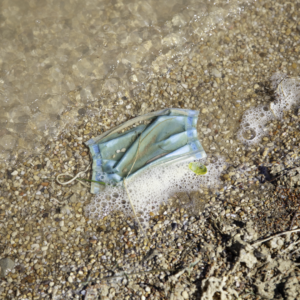
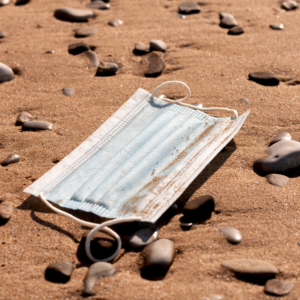
A danger for the fauna
The masks are a real danger for the terrestrial fauna as well as for the marine fauna. For example, masks found in the wild by monkeys they become very dangerous for them because monkeys can wrap themselves with them or bite them. As for marine animals, some may mistake plastic bags for jellyfish, which is the case of sea turtles that are likely to eat them as it is part of their diet.
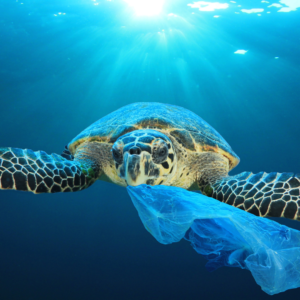
Everyone responsible
Humans are polluted by micro-plastics for which they are the only ones responsible since they are the ones who produce and throw them away.
What could be the real solution to stop this plastic pollution? The first solution is to make people responsible for their own consumption so that they can act and change their habits to allow a reduction of plastic.
But the real solution comes from the companies that manufacture plastics. It is up to them to stop their production in order to allow consumers to stop consuming plastic and polluting nature because nature is not a garbage can.
It is obvious that knowing the financial stakes that are behind these companies that produce plastics, it will be difficult to eradicate the production of plastic but it is still possible. It is enough to review the whole chain because it is certain that as long as those companies continue to manufacture plastics, pollution will continue.
Everyone on this planet is responsible in his or her own way, but if plastics are stopped being produced, it is certain that pollution will eventually decrease because there will no longer be a demand for them because it will have changed. This requires that alternatives to plastics are put in place and that these alternatives are sustainable and well thought out.
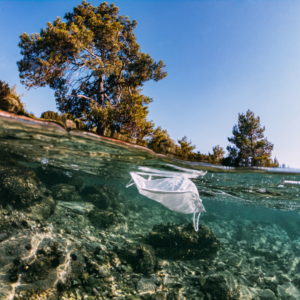
Internet sources
>> photos from Canva <<



